Dhaka, Sept 12 (V7N) – Former Indian Foreign Secretary Harsh Vardhan Shringla has strongly criticized Bangladesh’s Jamaat-e-Islami, describing the Islamist party as “a leopard that cannot change its spots” while warning of its links to the Muslim Brotherhood and its violent legacy during the 1971 Liberation War.
Shringla made the remarks on Thursday at the India International Centre in New Delhi during a discussion titled “Are We Ready for Elections in Bangladesh?” The veteran diplomat argued that Jamaat, despite political changes over decades, continues to remain aligned with extremist ideologies. “Their hands are stained with blood, and they are part of the global Muslim Brotherhood. This leopard does not change its spots,” he said.
The former envoy to Dhaka pointed to the recent electoral success of Jamaat’s student wing at Dhaka University Central Students’ Union (DUCSU), describing it as a worrying development. According to Indian daily The Telegraph, this marks the first time since Bangladesh’s independence in 1971 that Jamaat-affiliated student leaders have won such a contest.
Shringla reminded the audience of Jamaat’s role during the Liberation War, when it sided with the Pakistani military against Bangladesh’s freedom fighters. He accused the group of committing atrocities, including targeted violence against the Hindu community. “History cannot be erased, and those who supported oppression in 1971 cannot claim innocence today,” he stated.
While underscoring India’s commitment to working with any government elected in Bangladesh, Shringla stressed the need for vigilance. “Whoever comes to power, we will engage. But if anyone acts against our interests, we must remain cautious,” he added. He reaffirmed India’s policy of non-interference in the internal affairs of its neighbors, while emphasizing cooperative engagement and regional stability.
The 63-year-old retired diplomat also highlighted Pakistan’s “increasing footprint” in Bangladesh and raised concerns over activities of its intelligence agency, the Inter-Services Intelligence (ISI), along India’s borders. He suggested that Islamabad’s influence, particularly through political and religious groups, poses strategic challenges for New Delhi.
Shringla’s remarks come at a time of heightened political debate in Bangladesh, with the country preparing for national elections amid growing polarization. His comments reflect New Delhi’s broader concerns about the role of Islamist groups in shaping Bangladesh’s political landscape and the potential implications for regional security.
END/AHM/SMA/



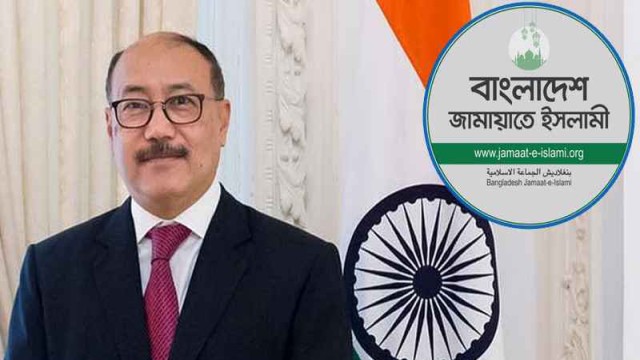
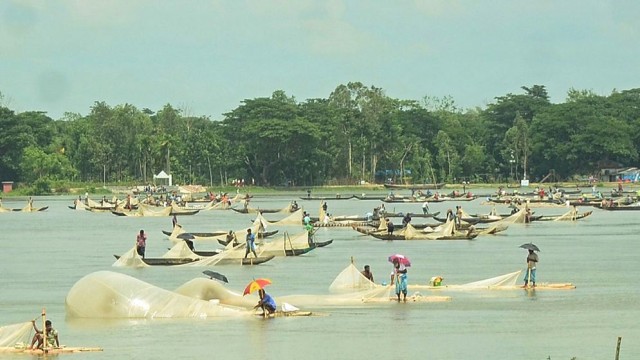

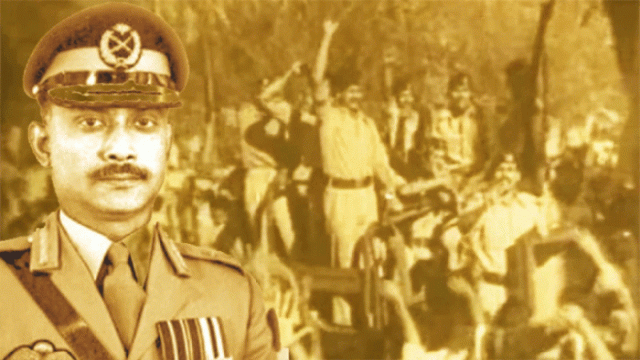

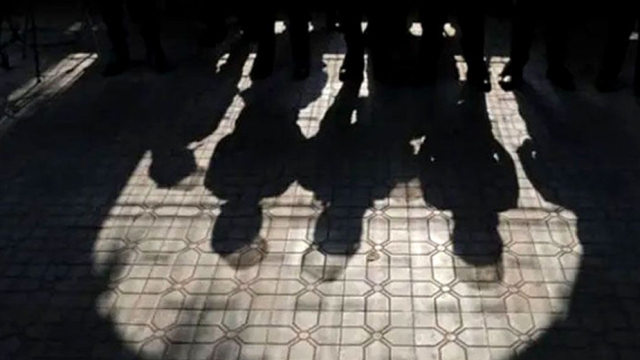
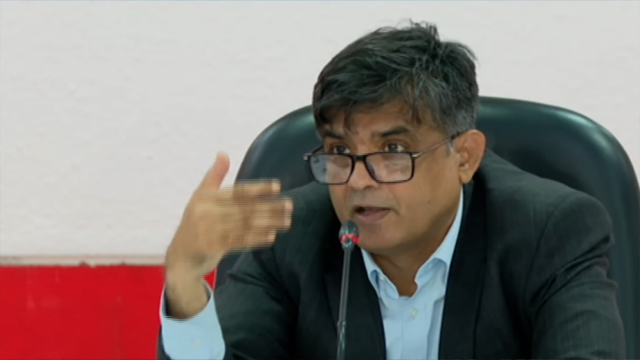
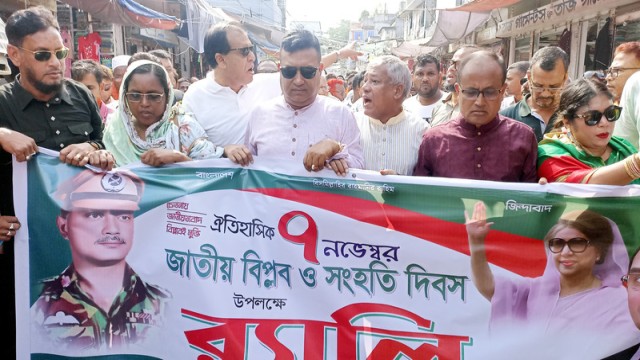
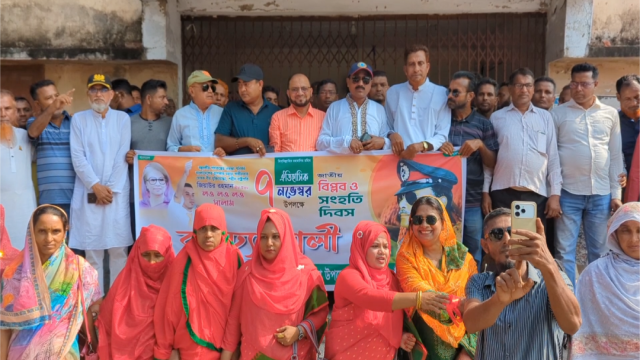
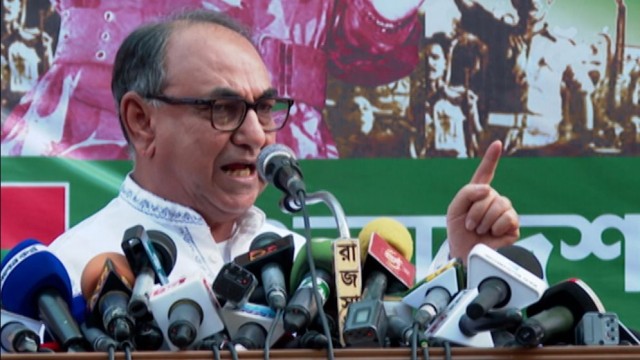
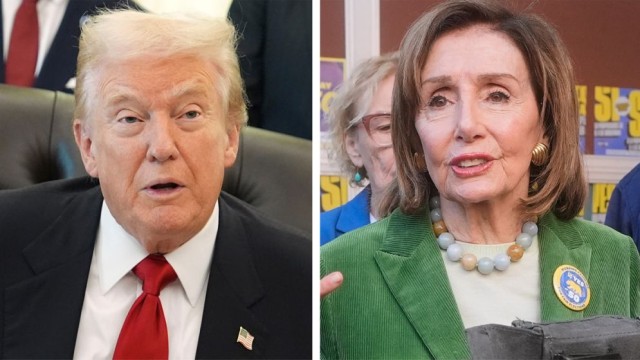
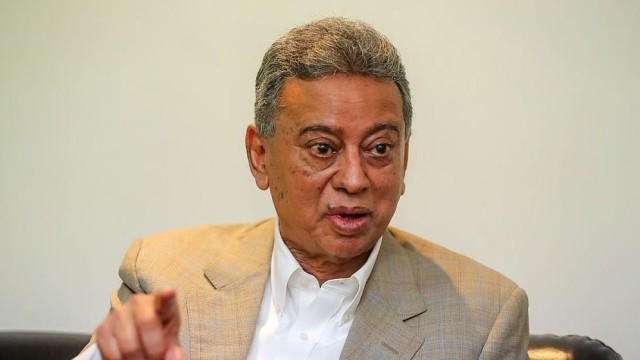


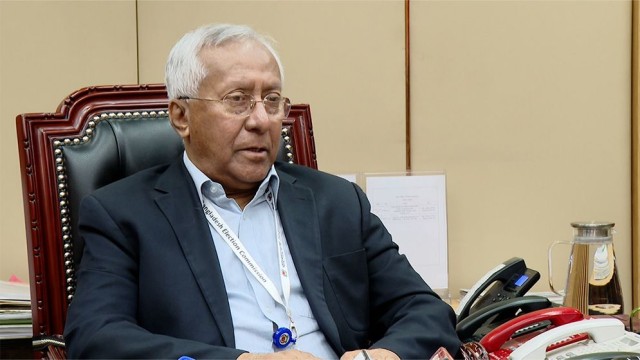
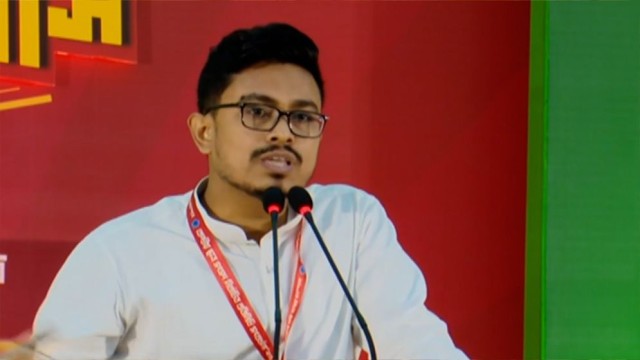
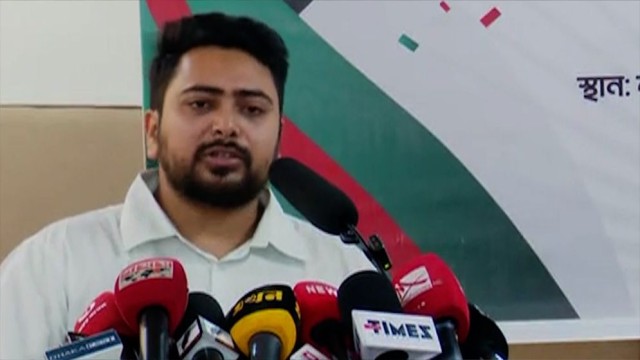

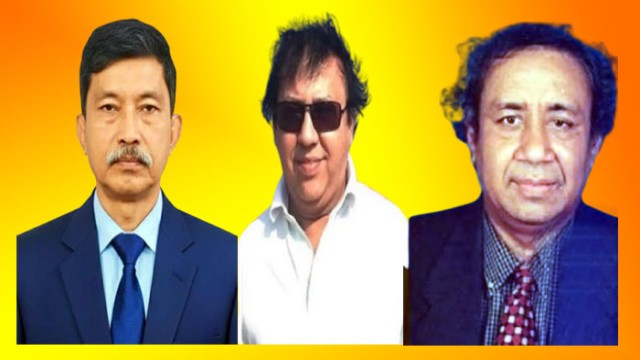
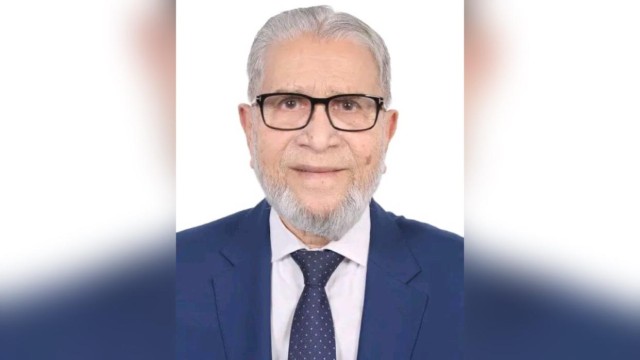
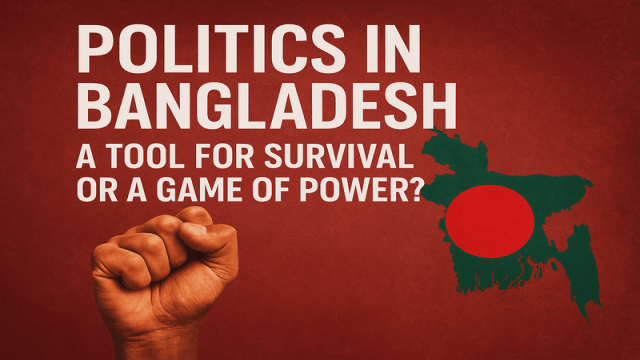
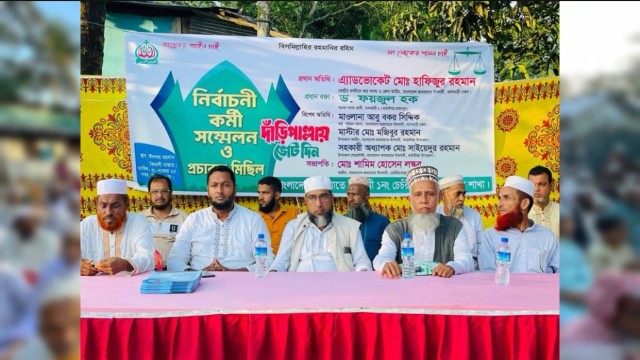
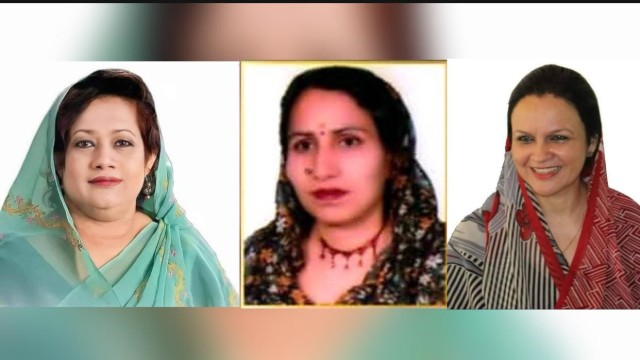
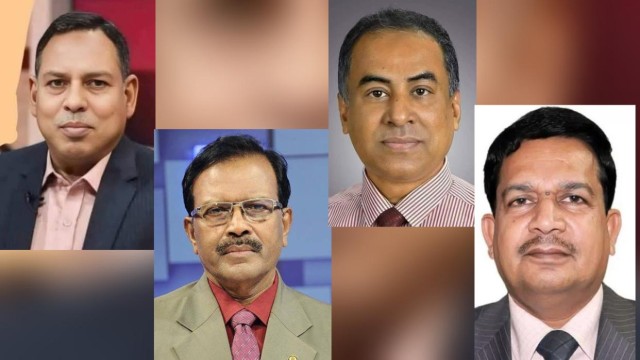
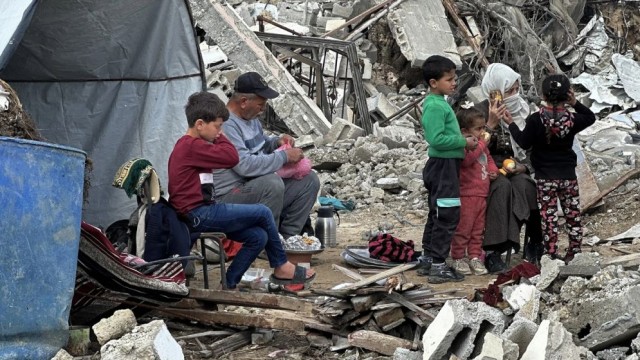
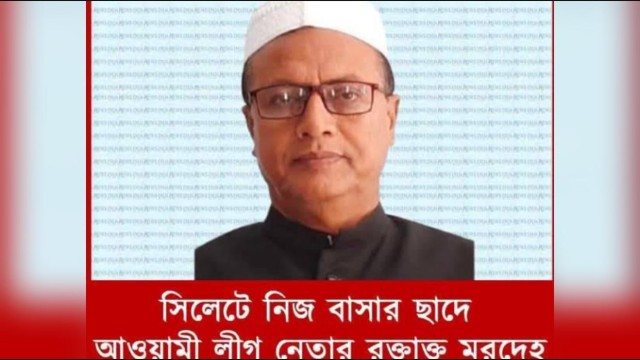
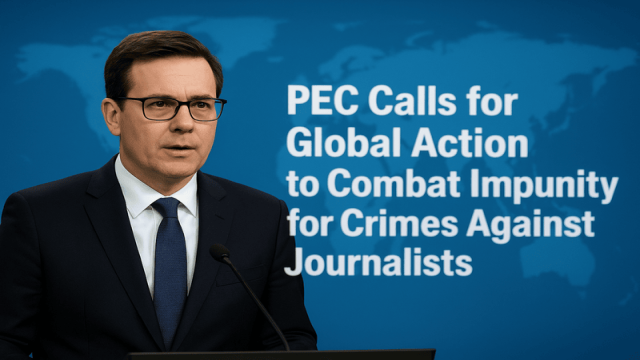

Comment: